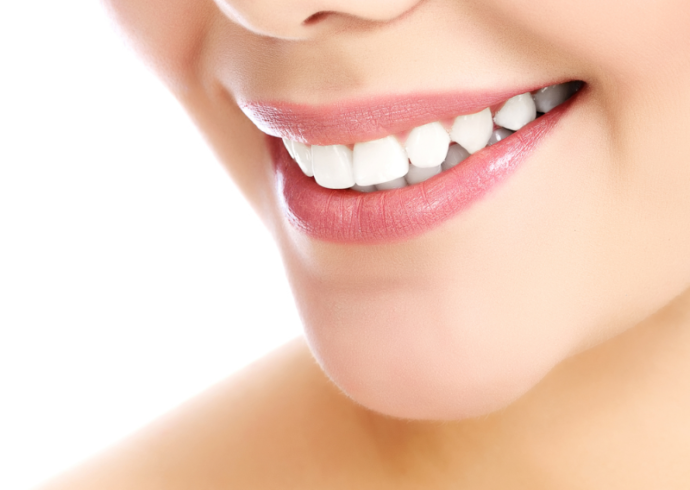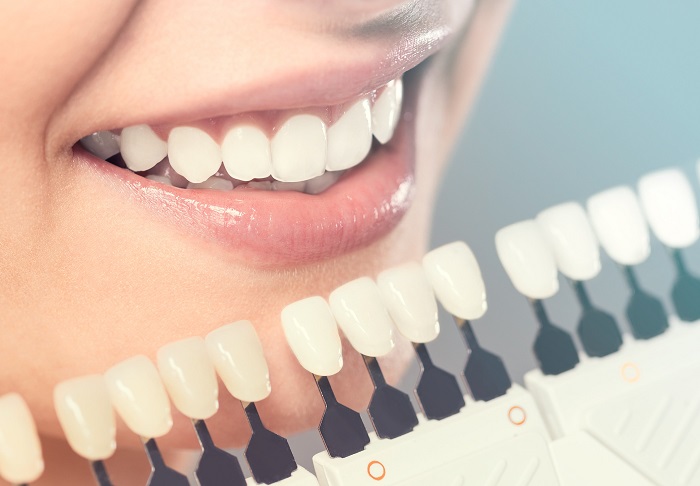Most Americans want to be able to smile with confidence. Poor oral health leaves people with teeth and gums they’re afraid to show, but some things can be done to improve any smile. Read on to find out how to improve oral health and get on the right path.
Why Oral Health Matters
Good oral health is about more than just being able to smile with confidence, although it certainly plays an outsized role in maintaining healthy, attractive teeth and gums. Poor dental hygiene can leave people struggling with gum disease, periodontitis, tooth decay, and missing teeth, and all of these problems can cause other issues.
Without help from the dentist, tooth decay can make it hard to eat, which impacts digestive health. The bacteria that cause gum disease can enter a patient’s bloodstream and cause infections in other parts of the body, including the heart. Oral cancer that is allowed to progress to an advanced stage due to skipping professional exams can be deadly.
The Importance of Regular Professional Dental Care
Good oral care starts at home, and below are some steps to take daily. However, no one should underestimate the importance of attending routine visits to the dentist for cleanings, exams, and basic preventative or restorative procedures, so focus on that first.
One of the most important aspects of regular dental care is removing plaque buildup and stains. While brushing and flossing every day helps to prevent the bacteria that cause plaque and tartar from getting out of control, it won’t get rid of them completely. Hardened plaque can still build up between teeth and at the gum line, predisposing patients to the development of gum disease, and other substances can stain the teeth’s enamel.
Scheduling regular dental visits also gives a professional the chance to evaluate the current state of the patient’s oral health. A qualified practitioner will screen for oral cancer, look for signs of tooth decay, and take X-rays to evaluate a patient’s bone structure as needed.
Tips for Home Oral Health Care
Dentists usually recommend professional cleanings every three to six months. In the meantime, patients also need to do what they can to take care of their teeth at home.
Regular Brushing and Flossing
Everyone knows they are supposed to brush and floss daily, but not everyone gets it right. Spend at least two minutes brushing with a soft-bristled toothbrush twice each day. Rushing the process can leave plaque deposits behind.
Healthy Diets
Diets that are high in refined sugar and carbohydrates feed the bacteria that cause plaque and gingivitis. Sticking to a predominantly whole-food, plant-based diet is the best way to support oral hygiene and overall health. Avoiding foods and drinks that cause stains is also important for patients who want to keep their teeth white.
Avoiding Tobacco
Using tobacco, either in the form of cigarettes or chewing tobacco, is one of the worst things anyone can do for their oral health. In addition to predisposing people to mouth and throat cancer, tobacco use also stains a user’s teeth and dries out their mouth, which makes them more prone to developing gum disease.
Get Help From a Dentist
Want better oral health and a more beautiful smile? The best place to start is by scheduling an appointment with a local dentist.





